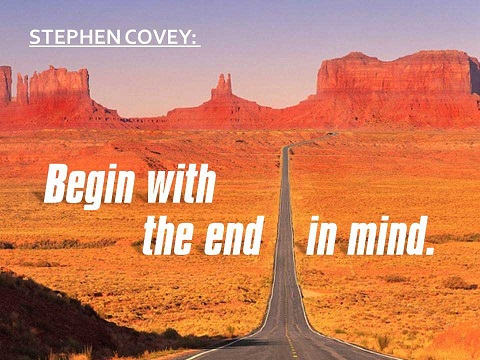Life can be complex and the easy stuff got done a long time ago. The further you go, the more subtle and nuanced the distinctions you need to be able to make. As you advance, you will find that all the straightforward decisions get made at a lower pay grade; you’ve got to be able to evaluate complex situations and discern and impact the key variables, distinguish between factors that seem to be similar but actually are not.
Case in point: The Law of Triviality v. the Broken Window Theory. The Law of Triviality states that organizations tend to spend a disproportionate amount of time on unimportant issues to the detriment of more critical issues while Broken Window Theory states that seemingly small things, like allowing broken windows to remain unfixed or tolerating other, seemingly minor, anti-social behavior, can set negative social norms that can lead to downward spirals in community behavior. At the most simplistic level, these two may seem to contradict each other.
Some interpret the Law of Triviality to mean that small things are not important, but that is a far too one-dimensional viewpoint. Small things can be and often are important, particularly collectively (No individual raindrop takes responsibility but still the flood occurs). All that the Law of Triviality is attempting to say is that, as we allocate our time and energy, we must keep clearly in mind our goals and apportion appropriately. Given limited resources, every yes is a corresponding no and wise leaders always remain aware of that balancing act, perpetually aware of what they are saying no to as they say yes.
Closing Quotes:
“Success is the sum of small efforts, repeated day in and day out.” – Robert Collier, 1885-1950
“Never Major in Minor Things” – Anthony Robbins
“Begin with the end in mind” – Stephen R. Covey
As always, I share what I most want/need to learn. – Nathan S. Collier



0 Comments